By Anonymous
Sticks and stones may break my bones,
But words can also hurt me.
Sticks and stones break only skin,
While words are ghosts that haunt me.
Pain from words has left its scar
On mind and heart that’s tender.
Cuts and bruises now have healed,
It’s words that I remember.
– Unknown
***
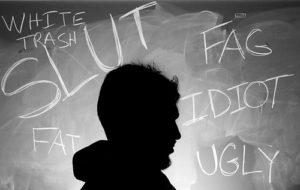 My early life wasn’t just filled with the ups and downs of living with someone who belittled me and showered me with praise intermittently, it was defined by it. While the threat of physical punishment instilled fear (especially seeing it manifest frequently in the house towards others and occasionally myself), the verbal abuse is what tore me down bit by constant bit. With my father if you weren’t perfect, you were horrid, a lowlife, lower than scum. But when he built you up? You could breathe and you could feel “good” about yourself (again). But that moment you slipped up? Be prepared to be told you don’t deserve to be alive. That you were an embarrassment. Or his personal favourite – you were nothing without him and you would never amount to anything.
My early life wasn’t just filled with the ups and downs of living with someone who belittled me and showered me with praise intermittently, it was defined by it. While the threat of physical punishment instilled fear (especially seeing it manifest frequently in the house towards others and occasionally myself), the verbal abuse is what tore me down bit by constant bit. With my father if you weren’t perfect, you were horrid, a lowlife, lower than scum. But when he built you up? You could breathe and you could feel “good” about yourself (again). But that moment you slipped up? Be prepared to be told you don’t deserve to be alive. That you were an embarrassment. Or his personal favourite – you were nothing without him and you would never amount to anything.
By the time I was 16 I’d been called a bitch, a whore, a cunt, a pathetic wimp, and a loser. Sometimes, for added effect, he’d throw a “fucking” in front of it, just to make it clear that this was worse than the last time. All this from someone who was supposed to support me and help me succeed. No, I was not out killing cats or bullying people; these comments were for things like playing music too loud, taking my mother’s side in an argument, not finishing first at something he felt I should have finished first at, or, most often, simply being alive. He said even worse things about my brother and if I tried to argue, he would ask if I was too weak to handle the truth and then if I said I didn’t want to hear him speak poorly of him again, he’d lash into me. I was weak, pathetic, and useless to not be able to handle someone telling me what was so – regardless of whether this was my truth or not. My opinion – hell, everyone else’s opinion – meant nothing. You either agreed with him or you were cast out, but that was something to be feared, something he had made us feel could never happen. Why? Because we wouldn’t survive without him.
Verbal abuse slowly but surely tears people down. It makes them feel lesser than and hands control over to the person laying out the abuse. As a society we like to talk about the negatives around verbal abuse generally, but in practice it isn’t really as condemned as it ought to be. Usually it’s because people see verbal abuse as an occasional thing and thus something that is countered by the “better” times; therefore it can’t be as bad, right? Many times the abuser is also the person who builds you up and tells you that you are great and amazing and the people who hear those good things figure they must count for something positive.
Yet the “good” in-between moments aren’t as innocent as they seem. As a child this is impossible to understand. How can someone love and hate you so much at the same time? But there is a point to this cycle for the abuser and it’s not just about saving face with others. Providing praise keeps a child dependent on you for it. When it’s dished out once in a while, it gives a child something to strive for, something they believe they are capable of… though of course you ensure they are never fully capable of reaching it. This way, when you turn on the child and call them a loser, a whore, a son of a bitch, or tell them they are a disgrace, they really do internalize the problem as their own. After all, you’re the one who’s telling them how great they are and so if that child hits a stage where they are no longer great, it has to be something they have done. As an abuser, you have managed to not only destroy the child’s sense of self-worth, but have placed yourself as the person with absolute control over the child’s mental well-being. A fragile, wonderful thing you will destroy with time.
Personally, I remember not being able to be happy with anything until I witnessed my father’s reaction, whether it be after a sports meet, a report card, or enjoying a movie. If he was happy, I could relax and be happy. If he wasn’t, I had troubles breathing, sleeping, and spent long hours worried about how I could be better, be perfect, or at least be better at hiding how awful I truly was. When he was happy, we could sit back and laugh at many things. We could look like a perfect family out to dinner or sitting at home watching a movie. Odd as it may sound, these were truly enjoyable moments filled with honest laughter and relief. But if he had turned on you? There was no sun, there was no light, it was dark and lonely and you only had yourself to blame. After all, isn’t it you that wasn’t good enough, wasn’t smart enough, wasn’t pretty enough, wasn’t talented enough to make your own parent ashamed? To remind you how awful you are?
You see, while we often worry about kids in environments that are always bad, the mixed environments also come with their own set of serious problems. At young ages, this type of mixed behaviours would result in a “disorganized” attachment style. Children never know what to expect and thus can never learn how to behave. They panic and seek information from the caregiver – no internal sense can be found because the child has never learned how to gauge things themselves. Everything is tainted by how their caregiver will react. I can tell you that it is paralyzing. When I read of infants and children “freezing” in strange situations, I got it. I used to just shut down – physically and mentally – when faced with an uncomfortable situation. I would gaze off and my mind would go blank. I couldn’t even hold a thought – I just froze. And my stress levels were always through the roof. When you come home every day from school and never know what you’re coming home to, you have to always be on guard. You have to be ready for anything. And that takes so much effort. I’m actually amazed I was able to get any school work done given how much time I had to spend worrying about what to keep quiet about, what to say, what not to say – all in the name of keeping my father happy.
One of the other things people tend not to realize is that, like physical abuse has a higher likelihood of turning the abused into an abuser, verbal abuse has a higher likelihood of turning that person into whatever it is they were told they were. I’m not sure why this is surprising to people but it seems to be. When you spend so long being convinced and told that you are less than, why would anyone be surprised when you turn out less than? A child who feels they have no value becomes an adolescent and then an adult who also feels they have no value. While some of these individuals lash out, many lash in. We attack ourselves and create the living wreck we were told we were.
Our children need to be loved and supported. When people are cruel to their children in the name of being “honest”, I cringe. I cringe because you can always support your child. You can acknowledge whatever “failure” or “disappointment” they’ve experienced without putting them down and you can get them to overcome it without shame. All parents should realize this. If you find yourself ready to call your child a name because they’ve fallen short somehow, please think twice. You can talk about the behaviour without labeling your child or punishing them or telling them they are less than. This won’t make them entitled, bratty, or spoiled. It will make them feel loved as they are and also understand that they can change their behaviour with your love and support.
Personally, after years of therapy and drugs (both prescribed and self-medicated), I found some comfort. I got a little better. However, it wasn’t until I met my husband that I finally felt close to whole (I’m not sure I’ll ever feel fully whole). Though I tried everything in the books to ensure he saw me for what I was – a cunt, a whole, useless, a disgrace – he didn’t see things that way. He saw a part of me I didn’t believe was there. A part that has managed to become more of what I see in myself as the years go by. As I became a parent, I now have to worry about passing on the same things to my children. Oddly, I don’t ever fear saying the same things to them as I had said to me, but I also have to learn to love myself for their sake. That’s the other thing that makes this so hard. If I allow my kids to see me hate myself and feel that I can never do things right, what message will that give them? So I work on myself for them. I hope from all this, they can grow up to feel that they are as loving, empathic, beautiful, intelligent, creative, fun, friendly, independent, and confident as I believe they are. Every child deserves that.

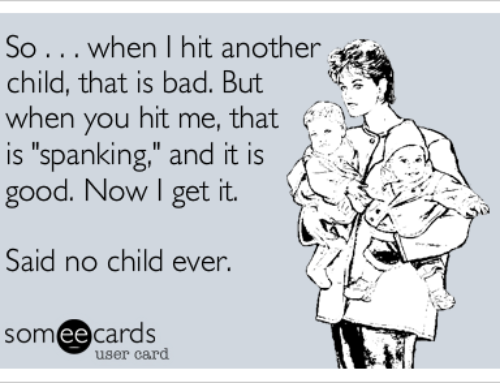
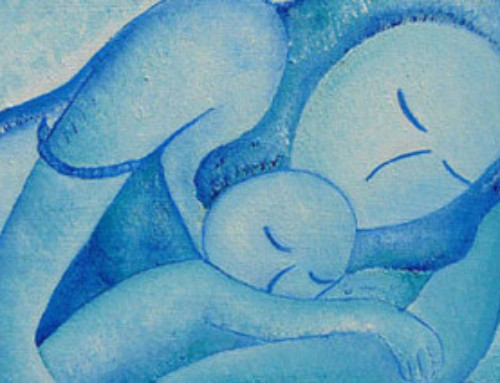
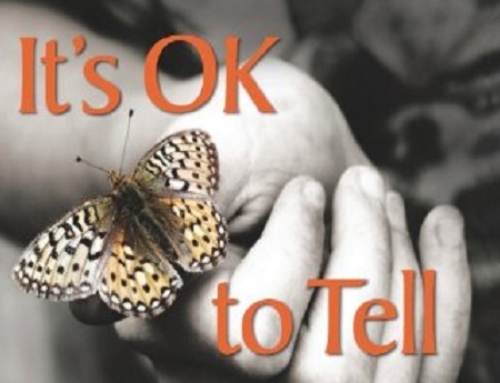
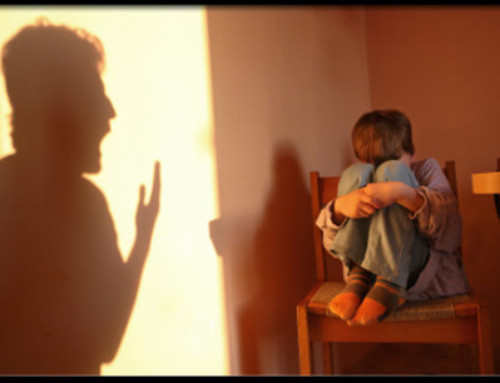
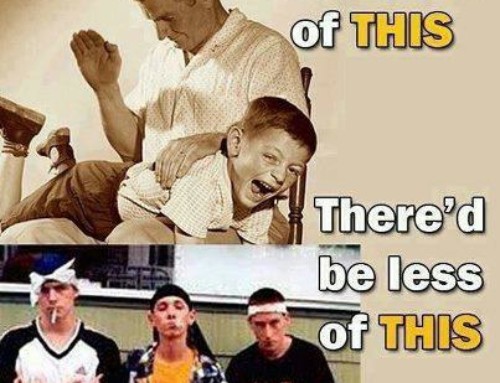
Completely agree. It’s amazing how much we strive to be wanted/liked by others…butchering our self-esteem along the way
I could have written this. It sent shivers down my spine. My dad sounds similar to yours. He would belittle me constantly. Mock me for having a lisp, telling me people would make fun of me if I didn’t get rid of it so he was doing me a favour by making me recite tongue-twisters and constantly going on about it. Tell me I was fat and no boys would fancy me if I didn’t lose weight. If I ever made a mistake or did anything silly he would make out I was stupid and that I’d done it deliberately to annoy him. He constantly told me I was a liar and a manipulator (because his sister had been a liar and got him into trouble when they were kids). My brother was quite naughty when we were kids and my dad would always blame me whenever anything was broken, saying I was making it up if I denied I’d done it. He would hit me in anger, and then later tell me how much he loved me and that it was my fault for driving him to it. One time when my brother and I were arguing he banged our heads together as hard as he could. He would ground me for weeks on end for talking back to him. He was horrible.
Luckily he worked abroad for many months of each year so there were long periods of peace. And I would dread him coming home.
As an adolescent I had huge problems with self-esteem and suffered years of depression. I had some therapy that helped me work through some of my issues, but I still hear his voice sometimes telling me I’m fat or stupid. It’s really affected my relationship with my partner too: I overreact at some things if they remind me of things my dad would say.
Like you say, this stuff really affects you. Parents might say their kids turned out alright… surely only you can decide that for yourself. I had a good career and I live a nice life, but on the inside I’ve spent many years in turmoil. Parenting has helped me work through a lot of my issues, but those scars will always be there.
Again an extraordinary reflection of my life and experiences; although mine was somewhat complicated by the fact that the abuser was our step mother, and our birth mother had abandoned us. The underlying fear was overlaid with the threat we had already managed to drive away our first mother…I also have a cleft lip and palate, and struggled with self confidence issues related to my appearance.
My sister showed me you post, and we were both so incredibly moved by your story, so aptly written. As another reader stated, it could have been our lives you were speaking of.
I find its a struggle even now sometimes, despite being over 50. It astounds me how this reverberates through your life, and as you mention the responsibility I feel not to pass this along to my daughter.
Thank you for sharing your story,
Cathy
I’m so sorry you had to experience this. It’s so awful that parents can inflict so much harm. Your daughter is lucky though to have such a self-aware and caring mother who will ensure she does not experience what her mother did.
Hugs,
Tracy
It’s up to our generation to break the cycle for the next generation. Our parents were abusive because that’s all they knew. We know better and can do better for our little ones.
This sounded way to familiar for me now as an adult I try to explain to my mum how hard she had been to me as a child and try to get through to her the pain and damage it caused always falls in deaf ears if she can read this maybe she’ll understand better. Thank you